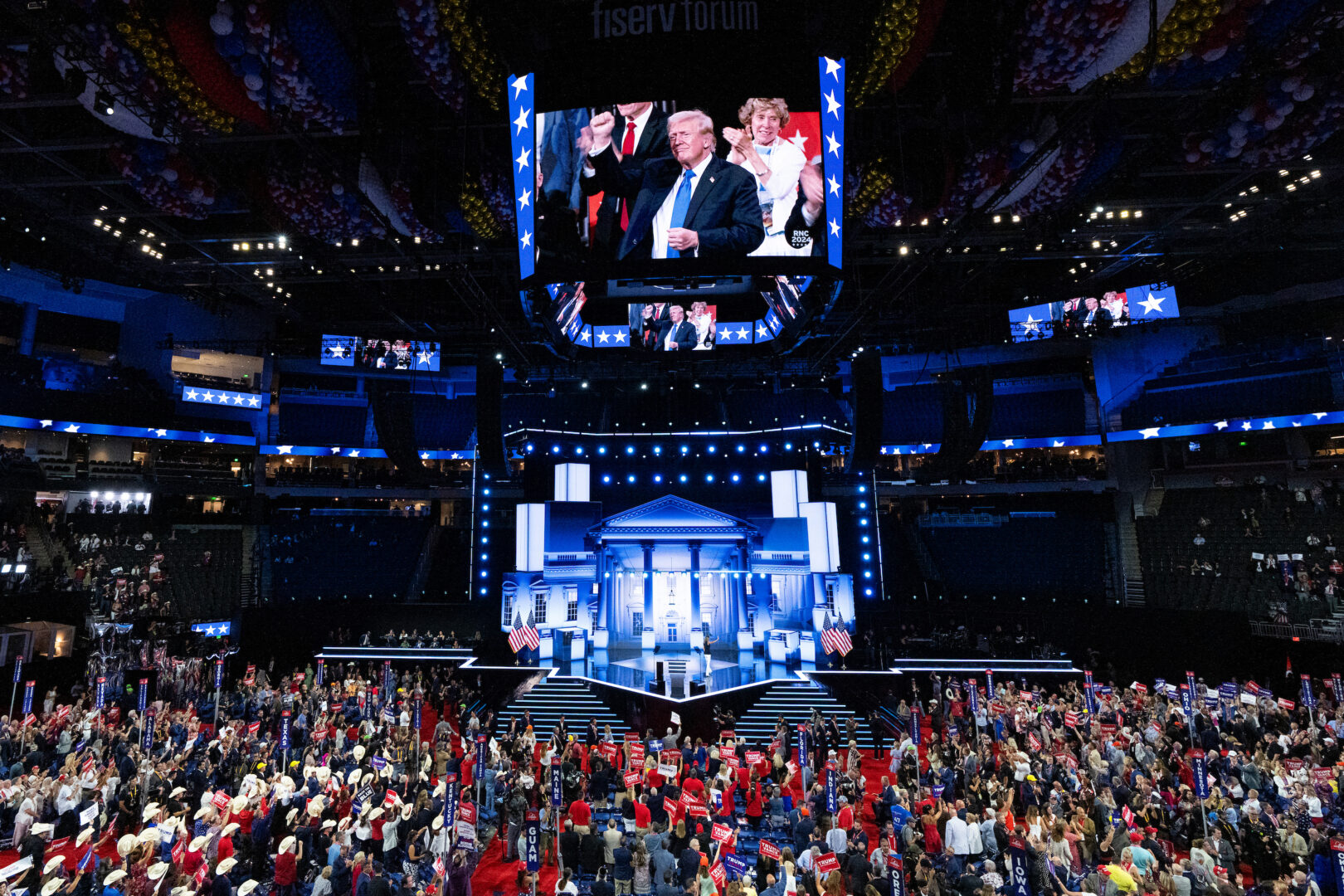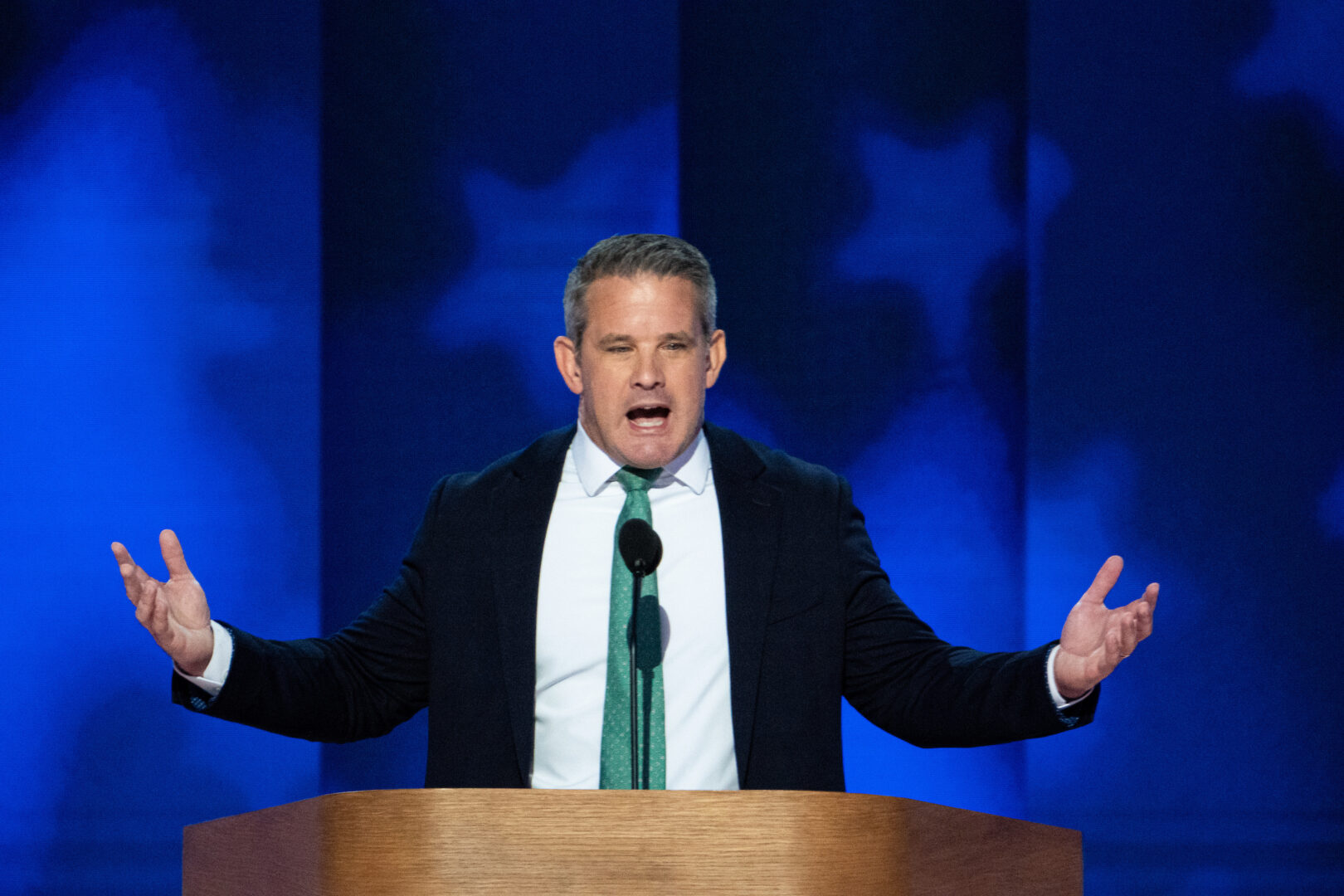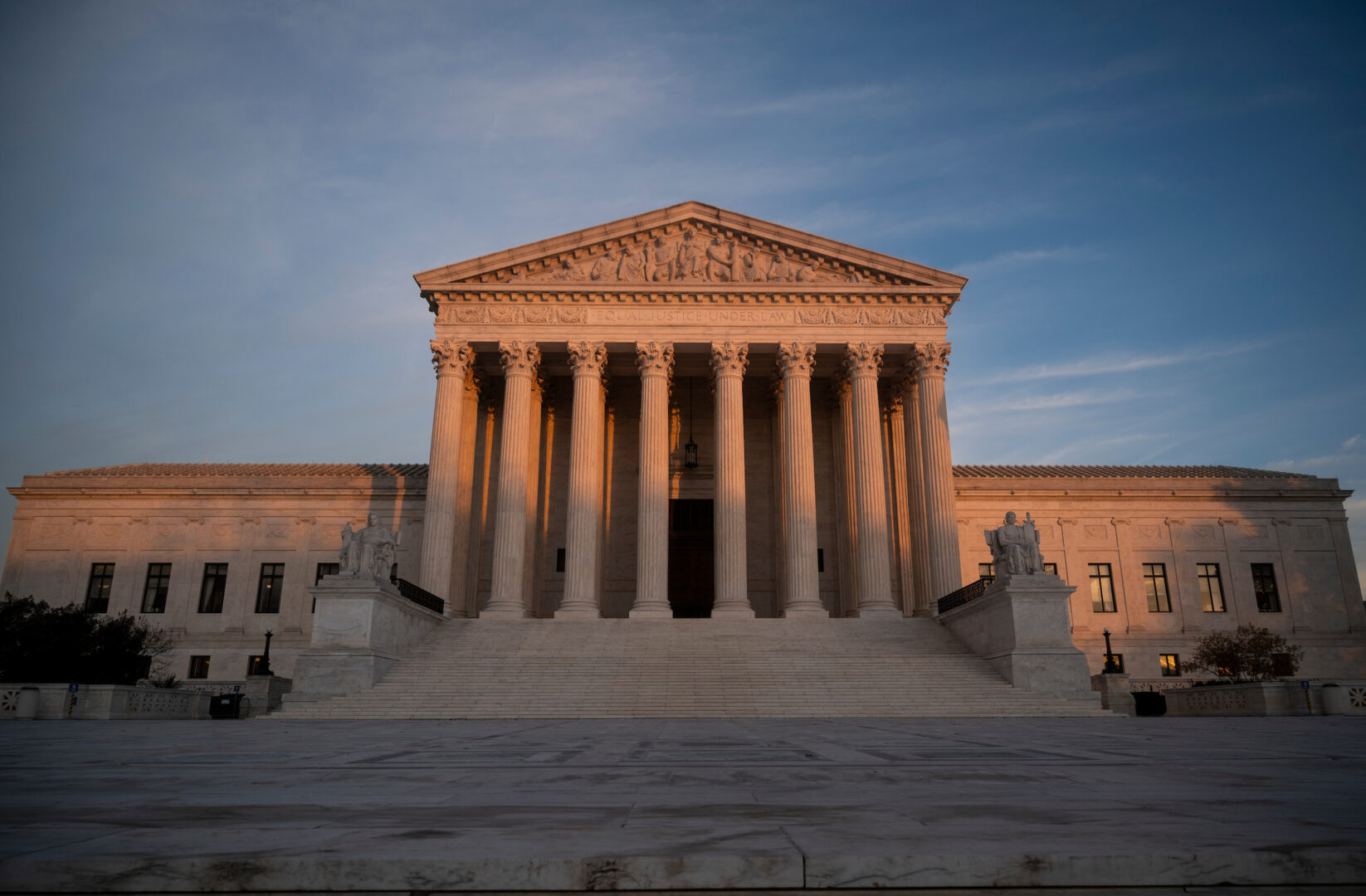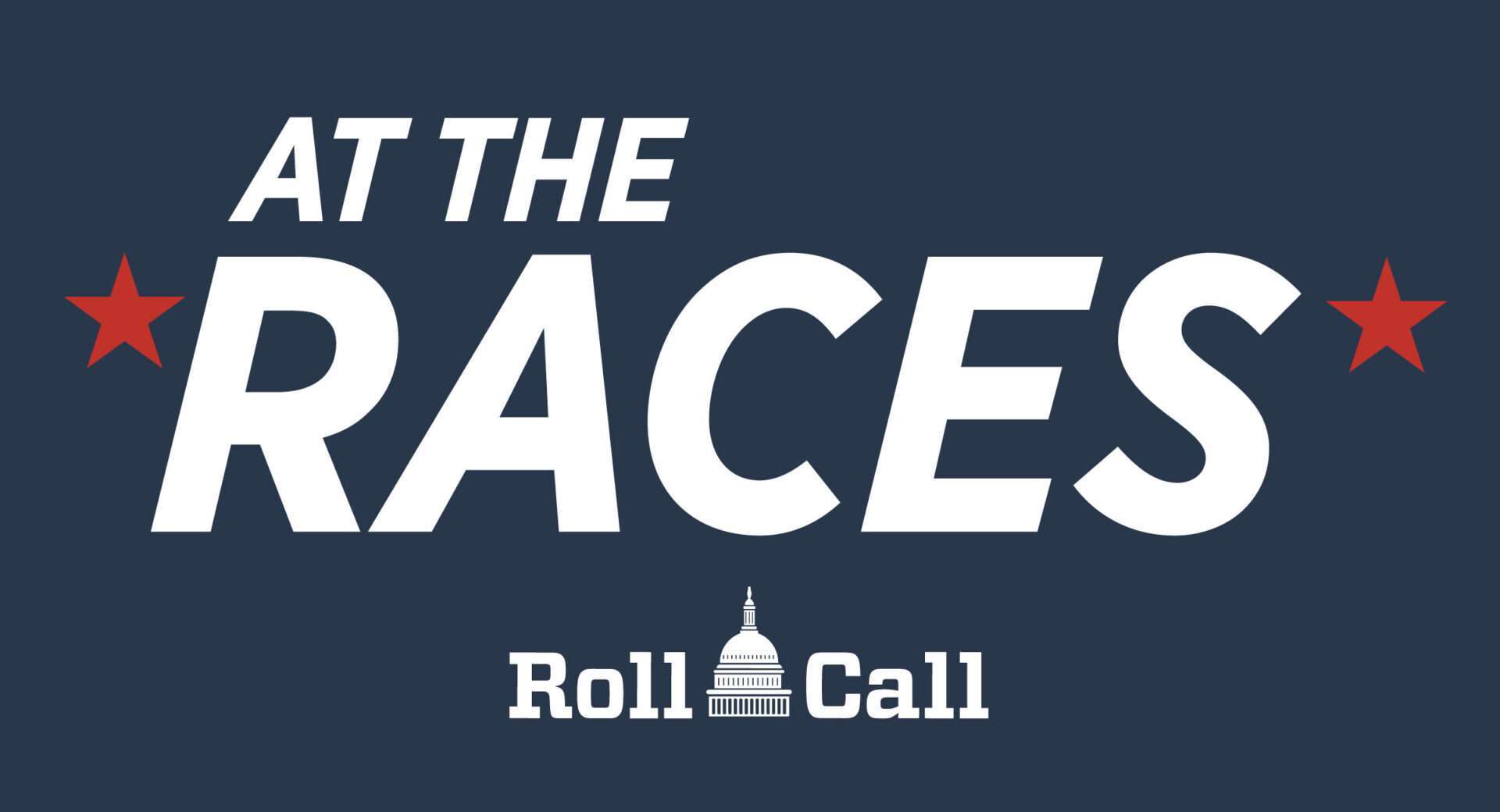Respect for difference is more important than an appeal for nonexistent unity
After an attempted assassination, Americans shouldn’t have to shy away from very real contrasts

Stop. Reflect. Promise to do better, as individuals and as a country.
That would be a thoughtful reaction to an attempted assassination at a Pennsylvania rally for former president and current Republican nominee Donald Trump. And that was the immediate reaction from many leaders.
But in a place where the 2012 murders of children in a Connecticut elementary school became fodder for warped conspiracies that linger, painfully, especially for grieving parents, and the 2022 beating of the then-82-year-old Paul Pelosi with a hammer inspired jokes from the same politicians now calling for civility, America could be too far gone for common sense and compassion — at least for more than a few hours.
Maybe it was foolish to expect more than cursory words to cover a widening divide. But you can’t fault Americans on edge for seeking a truce.
What happened Saturday in Pennsylvania was serious, the attempted assassination of Trump and the killing of firefighter Corey Comperatore, with others injured and attendees experiencing trauma they will no doubt relive many times. Although it happened in an open-carry state, if the pattern holds, America will save discussions about the proliferation of guns for another day.
Comperatore’s widow told the New York Post that when President Joe Biden wanted to express his condolences, she refused to take the call. “My husband was a devout Republican and he would not have wanted me to talk to him,” Helen Comperatore said, which says more about an America divided than I ever could.
It didn’t take long for terms such as “false flag” to be tossed around, speculating that the photo of a bloodied Trump with raised fist just had to be staged, and, at the other end of the political spectrum, some ascribing all sorts of political motives to a 20-year-old whose life is still being scrutinized by law enforcement.
Our country has a long history of violence toward its leaders. Perpetrators have had political motives and personal obsessions, and some just wanted to be famous. We don’t know what we don’t know about the Pennsylvania shooter, and he can’t tell us what made him do it.
Yet, if you cast the investigators as corrupt members of a “deep state” with their own secret agendas, how could you ever trust any findings by the FBI or DOJ?
Then there were the Trump-supporting voters and GOP leaders who gave the Almighty a major role in the candidate’s narrow escape, with God in the spotlight in the first days of the Republican National Convention in Milwaukee. South Carolina Sen. Tim Scott may not have won the VP prize, but he sure shook the rafters Monday with his fire-and-brimstone sermon, one that blamed the devil and credited divine intervention.
If that is your belief, God bless, truly. No one would begrudge a whispered prayer in the aftermath of something so shocking. However, that sentiment strikes me as a bit insensitive to the men, women and children who weren’t so lucky, not only on Saturday but also in countless shootings: in schools and businesses and places of worship, like the Tree of Life synagogue, where 11 people lost their lives in 2018, not all that far from the site of the Trump rally.
And it dangerously leads to apocalyptic language, the kind that validates holy wars, from folks like Brett Galaszewski, the vice chairman of the Milwaukee County Republican Party. The election is “more than just right versus left,” he said. “This is good versus evil.”
When you put it that way, it’s clear that unity, on anything, is easier said than done. In politics? Forget it. Is it even desirable if it’s a way to force people with opposing views to just shut up?
“Disagreement is inevitable in American democracy. It’s part of human nature,” Biden said in a rare Oval Office address.
Americans shouldn’t have to shy away from very real differences in policies and politics. What would be the use when supposedly conciliatory calls for unity inevitably strike a partisan tone?
Trump reported that his call from the current president went well; he also wrote that his conditions for bringing the country together include dismissing “the January 6th Hoax in Washington, D.C.” and what he labels the “witch hunts.”
Sen. JD Vance of Ohio, candidate Trump’s pick to fill the vice president slot on the GOP ticket, was rewarded rather than punished for his rush to judgment. Immediately after the shooting, Vance, the onetime Trump critic who now supports the man with the fervor of a convert who has seen the light, posted: “The central premise of the Biden campaign is that President Donald Trump is an authoritarian fascist who must be stopped at all costs. That rhetoric led directly to President Trump’s attempted assassination.”
At least the politician who once wondered whether Trump was “America’s Hitler” is bold in his hypocrisy.
It made sense for North Carolina Lt. Gov. Mark Robinson, a Trump ally and acolyte, to speak Monday in Milwaukee. But since the GOP gubernatorial nominee is most known for his incendiary rhetoric — about women, the LGBTQ community and the Rev. Dr. Martin Luther King Jr. — a peacemaker he will never be. Lately, Robinson has been trying to explain how his words, in a church speech, that “some folks need killing,” were taken out of context.
He does that a lot.
Wisconsin Sen. Ron Johnson probably had the best excuse for why his convention speech condemned Democratic Party policies as a “clear and present danger to America, to our institutions, our values and our people.” The teleprompter loaded an early version of his remarks, he said, not his revised words that stressed reconciliation.
With West Virginia Gov. Jim Justice’s bulldog Babydog getting so much attention, Tuesday’s convention watchers might have missed his prediction that “we become totally unhinged if Donald Trump is not elected in November.”
With a Tuesday agenda featuring mayhem, particularly in “Democrat” cities — presumably including the one where the Republican Party is meeting, one Trump reportedly called “horrible” — it was clear that to the GOP, it is only Democrats who should play nice.
Knowing their timidity, they probably will. I guess we’ll see when the party meets in Chicago next month.
Back in Milwaukee, Arizona Senate hopeful and former media star Kari Lake started Tuesday’s lineup with attacks on the “fake news,” a target for Democrats and Republicans alike this election cycle.
At last, a hint of unity.
Mary C. Curtis has worked at The New York Times, The Baltimore Sun, The Charlotte Observer, as national correspondent for Politics Daily, and is a senior facilitator with The OpEd Project. She is host of the CQ Roll Call “Equal Time with Mary C. Curtis” podcast. Follow her on Twitter @mcurtisnc3.





